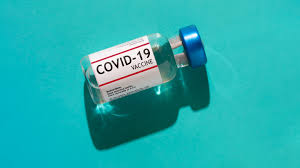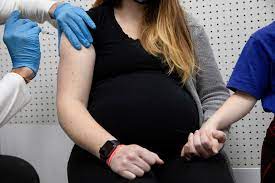A new study shows that getting the Covid-19 vaccine before conception does not increase the risk of early or late miscarriage. Even after the end of Corona, various information related to the COVID-19 vaccine has been released. There are many reports that heart attacks are increasing due to covid vaccine and the incidence of heart disease is increasing. However, there is no scientific evidence for this information. In this case, a study was conducted on whether the risk of miscarriage increases if the COVID-19 vaccine is administered. A new study led by experts at Boston university found that getting the Covid-19 vaccine before conception does not increase the risk of early or late miscarriage. The study, published in the Journal of Human Reproduction, is the first to assess the risk of miscarriage at less than eight weeks following the Covid-19 vaccine. The findings also provide a deeper insight into security. The study was conducted by a team led by researchers from the Boston university School of Public health (BUSPH) and included 1,815 women in the united states and Canada. They were monitored from december 2020 to november 2022.
The study, published in the Journal of Human Reproduction, is the first to assess the risk of miscarriage at less than eight weeks following the Covid-19 vaccine. The findings also provide a deeper insight into security. The study was conducted by a team led by researchers from the Boston university School of Public health (BUSPH) and included 1,815 women in the united states and Canada. They were monitored from december 2020 to november 2022.






